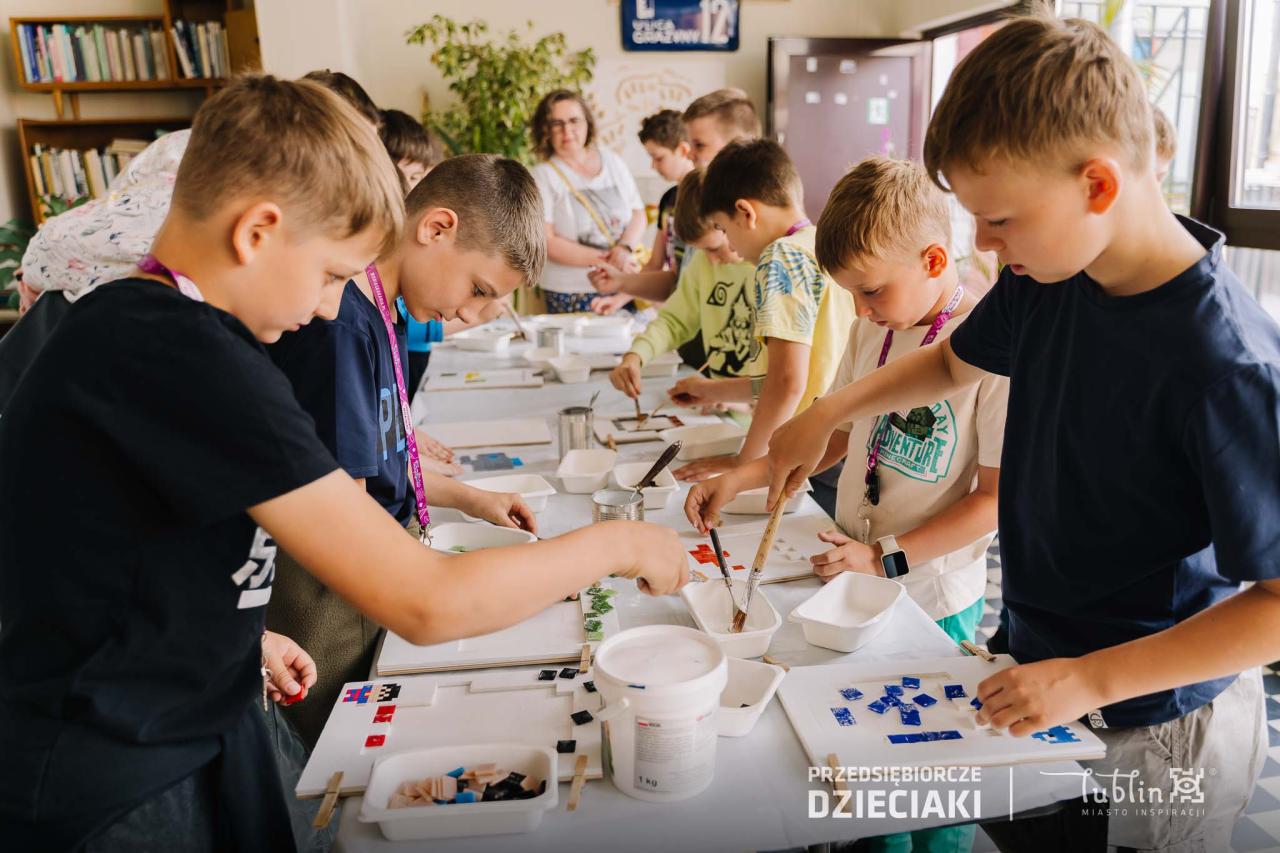As summer ends, the city prepares for students coming back to school. From early childhood classrooms to adult learning centres, education shapes not only individual futures but the resilience and sustainability of urban communities.
The European Union has recently reinforced the importance of education in achieving sustainable and inclusive societies. The EU Skills Agenda (updated 2023-2024) and the Digital Education Action Plan 2021-2027 emphasise lifelong learning, inclusion, and digital skills, while promoting equity and social cohesion across urban areas. These policies provide a framework for cities to innovate in educational approaches and align local initiatives with broader European goals.
Among the 116 Good Practices awarded by URBACT in 2024, five are focused on transforming urban education to respond to these challenges: Education for Sustainable Development in Munich (DE), the New Opportunities School in Viladecans (ES), Capacity Building for Third-Country Nationals in Fundão (PT), +Dones³ in Esplugues de Llobregat (ES), and Entrepreneurial Kids in Lublin (PL).
Keep reading to discover how educational institutions can become powerful drivers of sustainable, equitable, and resilient urban development.
#1 - Munich (DE)
Between 2019 and 2022, Munich (DE) worked in a participatory process with around 150 representatives from local government, universities, civil society, and schools to design a city-wide roadmap for embedding Education for Sustainable Development (ESD) into everyday learning. The outcome of this participatory process was BNE VISION 2030, an action plan with around 350 measures, approved by the City Council in 2022 and set to guide implementation up to 2030. BNE VISION 2030 is also part of the ‘Guideline Education’, which is a key component of the strategic urban development concept ‘Perspective Munich’.
ESD is a holistic approach to learning that empowers people to make conscious choices and take responsible action to safeguard the environment, foster sustainable economies, and promote social justice. Munich supports ESD by appointing advisory staff, funding ESD teachers and resources in about 120 schools, and organising public events to boost cooperation between authorities, educators, and civil society. So far, ESD has enhanced networking among different educational actors in Munich, and strengthened the trustful cooperation between the administration and civil society.
By weaving ESD into every stage of education – from early years to lifelong learning – Munich aligns its efforts with UNESCO’s global ‘ESD for 2030’ agenda. In 2016, Mayor Dieter Reiter signed the resolution of the German Association of Cities on the UN’s 2030 Agenda, committing Munich to implement the 17 Sustainable Development Goals (SDGs). The city also aims to become climate-neutral by 2035.
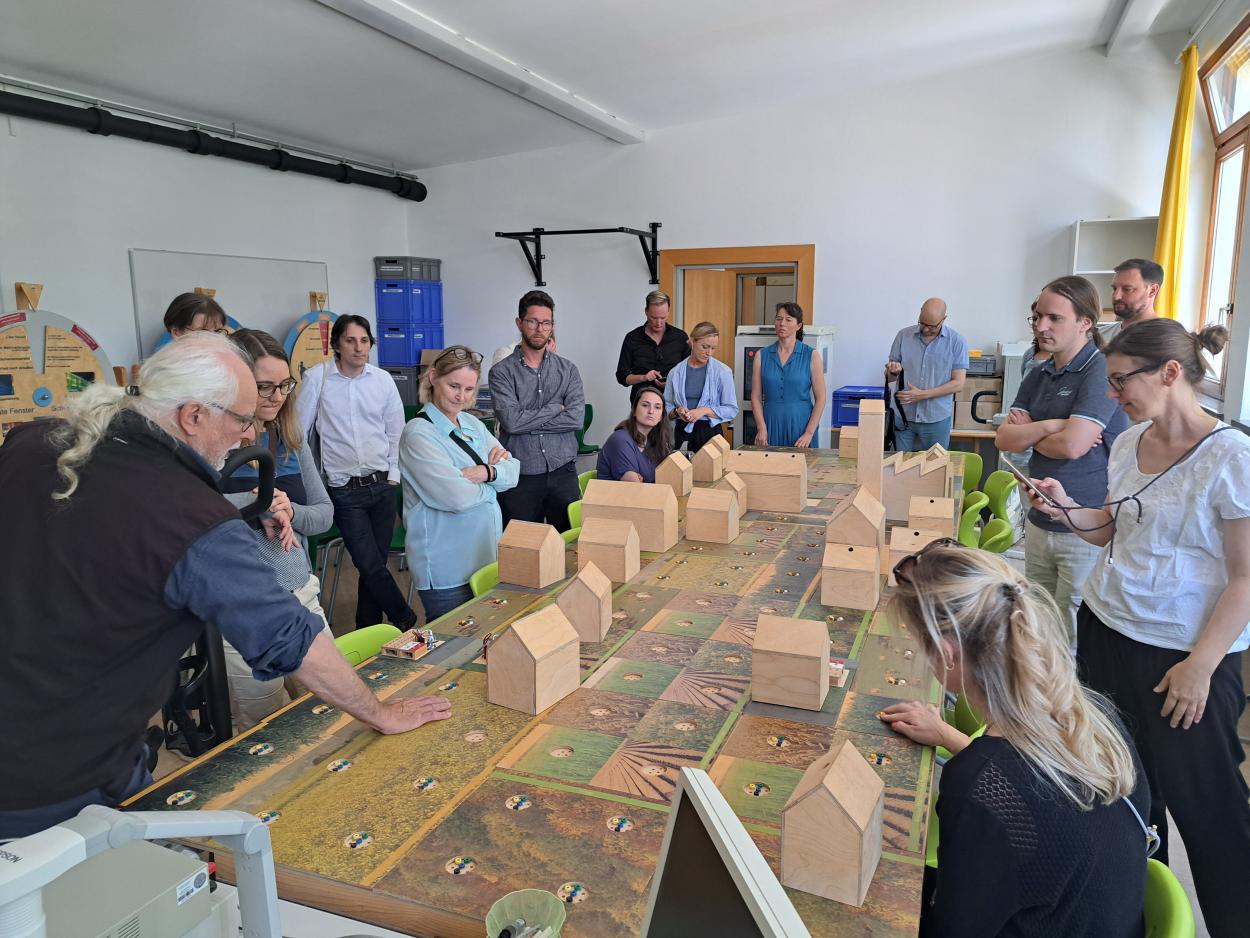
Key takeaways for your city:
Munich shows that a participatory, long-term approach can help cities successfully integrate ESD into their education systems, turning schools into drivers of sustainable urban transitions. In addition, engaging a wide range of stakeholders early on and embedding ESD across all learning levels ensures both political support and broad ownership, increasing the chances of effective and lasting implementation.
#2 - Viladecans (ES)
The New Opportunities School, known as ENO, in Viladecans was created in 2020 as part of the city’s COVID-19 recovery plan to tackle rising youth unemployment and early school drop-out.
Using a 360º methodology, ENO identifies young people at risk of exclusion and provides them with personalised guidance, flexible training pathways, and continuous support to re-engage with education or employment. The model places young people at the centre and involves a broad network of municipal departments, schools, companies, and social organisations.
ENO also connects to wider urban development goals by addressing economic, social, and environmental dimensions. Local businesses contribute to training and mentoring, social entities ensure equity and inclusion, and a dedicated Green Jobs project prepares young people for careers in the sustainable economy. Since its launch, more than 180 young people have participated, with over 93% successfully entering education, training, or employment.
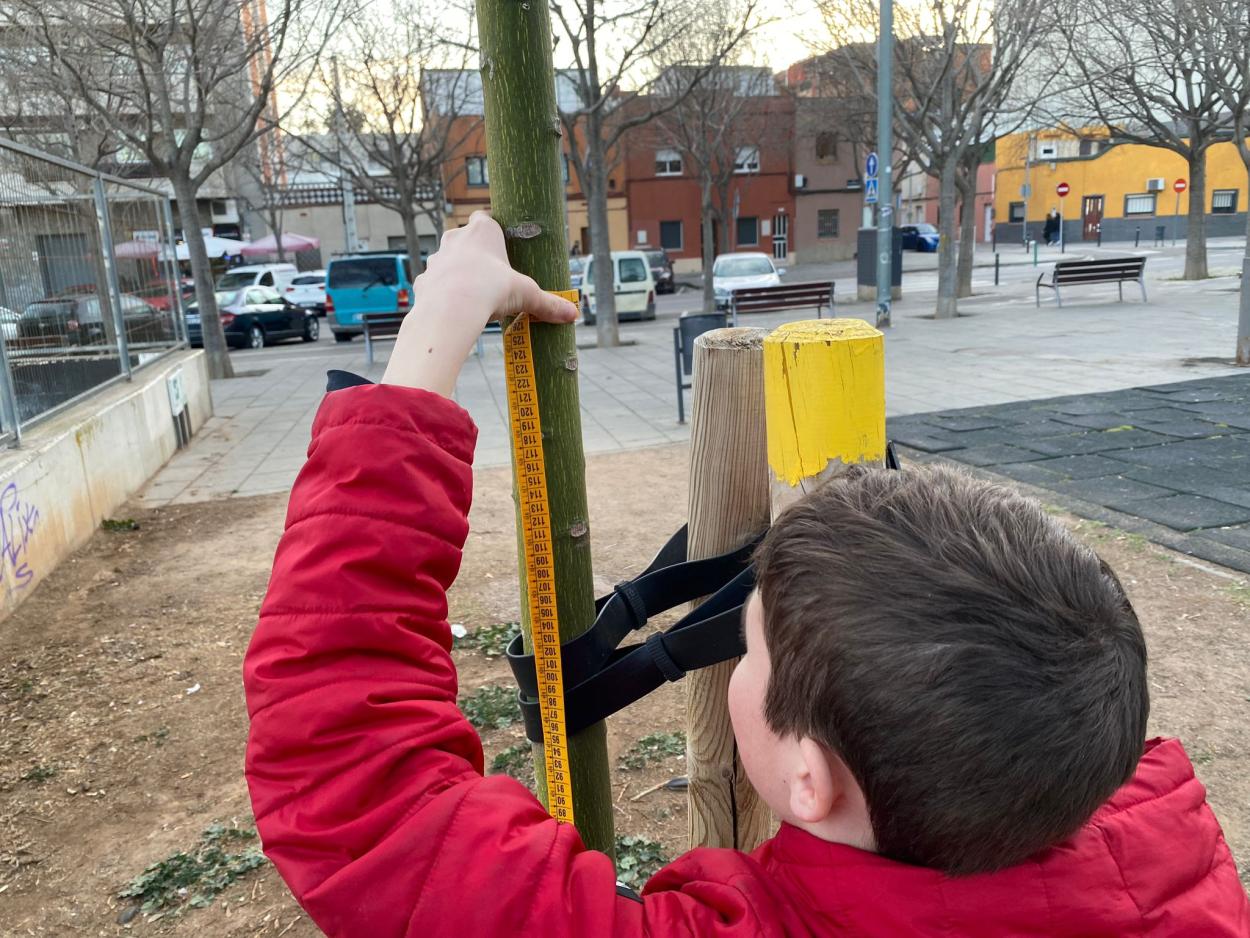
Key takeaways for your city:
ENO demonstrates how a holistic, city-wide model can effectively reduce school drop-out and youth unemployment. By combining tailored support for individuals with strong cross-sector collaboration, the initiative creates lasting opportunities for vulnerable young people. The approach is adaptable to other cities, provided there is political backing, stakeholder engagement, and a focus on personalised pathways rather than one-size-fits-all solutions.
#3 - Fundão (PT)
The municipality of Fundão (PT) developed the Capacity Building for Third-Country Nationals programme to attract, integrate, and retain third-country nationals (TCN) by linking certified short-term training with the skills most in demand from local employers.
Emerging from the Municipality Plan for Migrant Integration (MIXin), the initiative combined data analysis, employer input, and migrant participation to design training modules in areas such as agriculture, soil management, and cheese production. Over 10 training actions, 216 certificates were awarded, and about 50 TCN gained employment directly linked to these new qualifications.
The practice not only helps migrants find work and integrate into the community but also responds to regional challenges of depopulation and labour shortages. By offering skills training aligned with local needs, the initiative contributes to economic sustainability, social inclusion, and territorial balance. Despite setbacks during the COVID-19 pandemic, the approach has proven effective in strengthening both the workforce and the local community.

Key takeaways for your city:
Fundão shows how targeted skills training for migrants, designed in partnership with employers and grounded in local socio-economic needs, can simultaneously support integration, boost regional economies, and counter population decline. For other cities, the lesson is to align migrant integration strategies with labour market demands, ensuring that training is short, flexible, certified, and directly linked to job opportunities.
#4 - Esplugues de Llobregat (ES)
The +Dones³ project in Esplugues de Llobregat (ES) aims to reduce the gender gap in STEAM (Science, Technology, Engineering, Arts, and Mathematics) by inspiring young girls and supporting women to acquire digital skills and pursue scientific and technological careers. The initiative combines awareness-raising talks, workshops with female role models, and specialised programmes that allow participants to explore STEAM fields in a supportive, gender-sensitive environment.
Structured around four action lines - STEAM training, awareness talks, communication activities, and transferability/recognition - the project reaches children, teenagers, and adult women. In addition, the collaborative participation from City Council departments, schools, STEAM professionals, and regional stakeholders ensures that activities are tailored to local needs. Since its launch, +Dones³ has engaged nearly 3,000 participants, trained over 200 girls in STEAM skills, and empowered more than 50 women in digital transformation programmes, achieving high satisfaction ratings across activities.
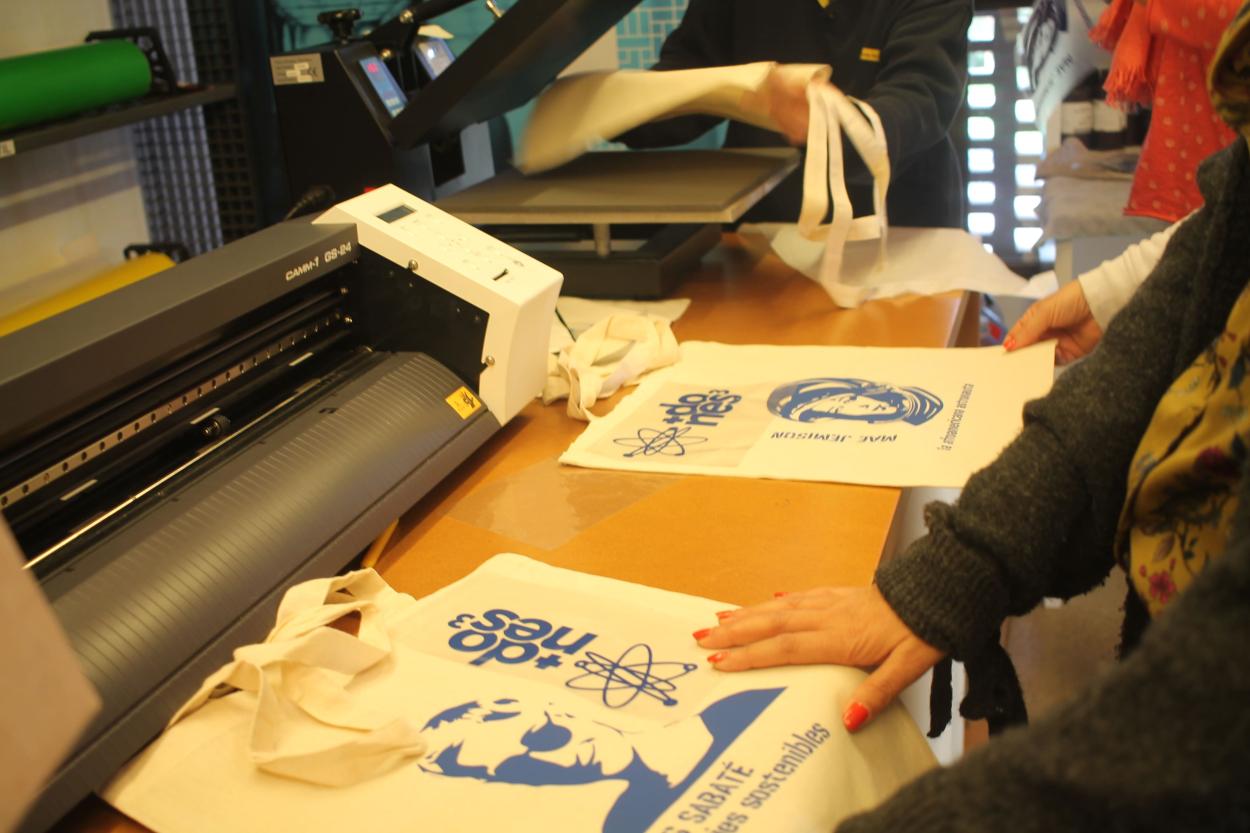
Key takeaways for your city:
+Dones³ demonstrates how integrated, gender-sensitive STEAM education can address structural inequalities in education and employment. Cities looking to replicate this practice should combine diagnostics on local gender gaps, participatory design with stakeholders, and hands-on, skills-focused workshops.
By linking training with empowerment and visibility of role models, this approach can increase girls’ interest in STEAM, strengthen women’s digital skills, and support broader objectives of gender equality, quality education, and social inclusion.
#5 – Lublin (PL)
Entrepreneurial Kids was launched in Lublin (PL) to introduce primary school pupils to the basics of entrepreneurship through practical workshops and interactive activities. The project is a collaborative effort between the City of Lublin, Maria Curie-Skłodowska University (UMCS), and the National Bank of Poland. Thanks to this project, children are able to take part in real-world business scenarios, building critical thinking, teamwork, and problem-solving skills. Supported by teachers and local business professionals, they develop small projects ranging from product design to financial literacy.
Since 2018, the programme has involved more than 2,100 children aged 6–10, 1 000 teachers and 50 companies. By weaving entrepreneurship into early education, it has set an example for other cities aiming to prepare younger generations for fast-changing urban environments in a hands-on and engaging way. The initiative has also fostered stronger school–business cooperation, raised awareness of entrepreneurial education, increased knowledge of the local economy among children, parents, and teachers, and motivated teachers to further develop their business skills. Looking ahead, the programme plans to expand to reach more children, incorporate digital entrepreneurship modules, and enhance follow-up activities to track its long-term impact.
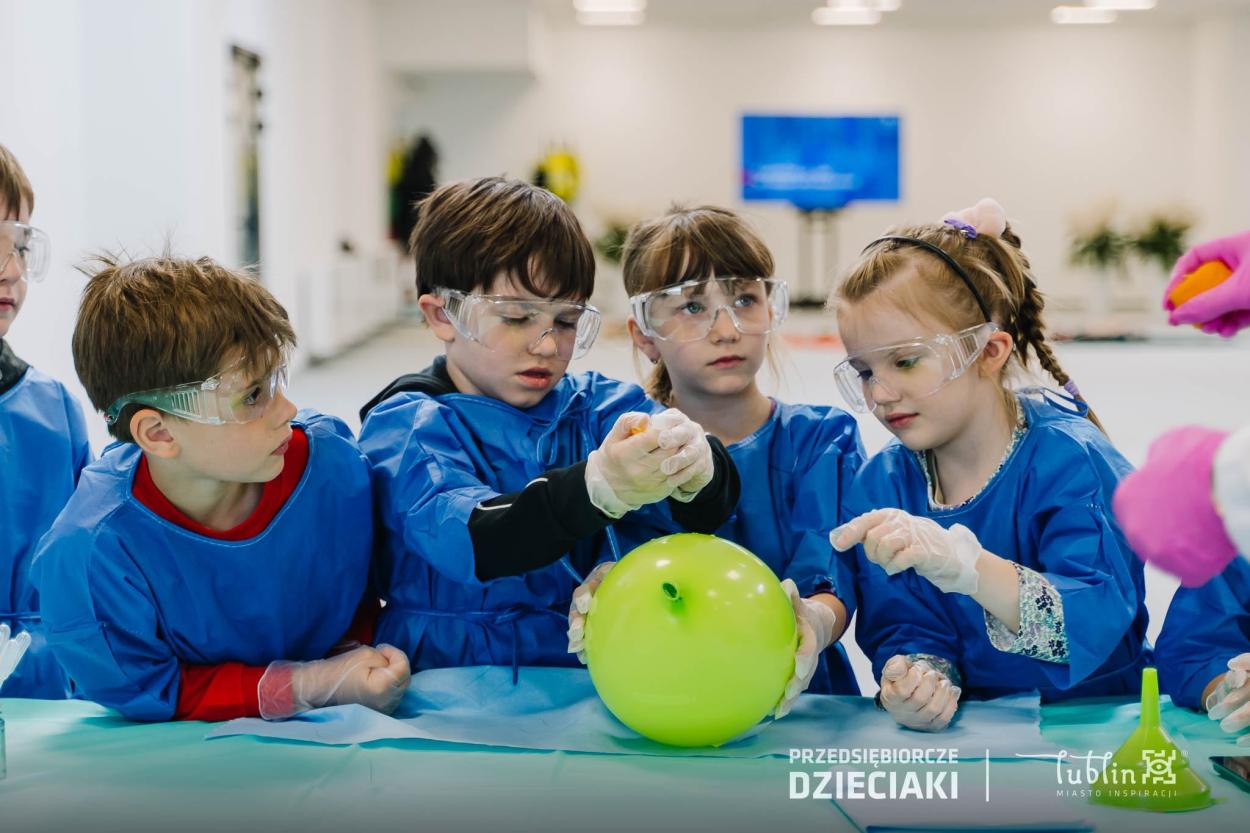
What’s the takeaway for your city?
Lublin shows how cities can rethink education by combining formal schooling with informal learning opportunities. Embedding entrepreneurship into the curriculum while also creating spaces for peer-led exchange equips young people with lifelong skills, fostering curiosity, innovation, and resilience from an early age.
Education for urban sustainability
Collectively, these five URBACT Good Practices show how education can be harnessed as a policy tool for inclusion, sustainability, and equality. They remind us that building better cities is not only about infrastructure, but about people learning, connecting, and shaping the future together.
Want to keep learning about other urban topics? Explore all the 116 URBACT Good Practices awarded in 2024.
Last but not least, in October 2025, URBACT will launch the new Transfer Networks, where many of these practices will be shared and adapted by other cities across Europe.
Interested in joining an URBACT network on education? Stay tuned for the next call for URBACT networks to be launched in March 2026!

